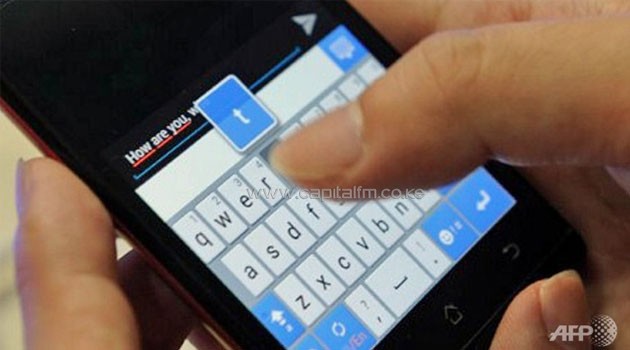
In Kenya, divisions come to the surface during periods of heightened tension such as elections. Photo/AFP
Hate speech in the Kenyan media was blamed for contributing to the widespread violence that followed the presidential election of December 2007. More than 1,000 people were killed and 650,000 others were displaced after the disputed results triggered violence along ethnic lines.
Journalist Joshua arap Sang is one of three defendants – with President Uhuru Kenyatta and Deputy President William Ruto – facing trial at the International Criminal Court (ICC) in The Hague, on charges of orchestrating the chaos. Prosecutors accuse Sang of acting as “the voice of the post-election violence” in the Rift Valley province.
As Kenya headed toward another presidential election in 2013, the lessons learnt from the bloodshed of 2007 and early 2008 led to a concerted effort to prevent incitement in both traditional and new media. Mainstream publications and broadcasters did on the whole avoid the use of hate speech. But individual journalists have come under scrutiny for messages they have posted on social media sites.
“We discovered that there is a trend of disconnect between a journalist as an employee of a media house and a journalist as an independent blogger,” said Haron Mwangi, Chief Executive Officer of the Media Council of Kenya, which monitors the media. “It is very unfortunate when you have a very popular journalist posting hate messages.”
A broadcast journalist who has contributed to IWPR spoke candidly about his own experience of posting a controversial message on his private Facebook page in the run-up to the March 4 vote. He swiftly removed the message after being criticised by other journalists.
“When I made the post, I was carried away by politics, instead of seeing the journalist in me, I saw myself as an individual and left out the professional part of me,” the reporter, who asked not to be named, said. “I changed… I no longer post such messages on social media. I am cautious, but I see colleagues still make the mistake.”
He added that the incident reflected the quandary that many Kenyan journalists find themselves in.
“There is a lot of burden, because there is a thin line between yourself [as a professional] and your political or tribal affiliation. This is very challenging for us journalists. This is what we are fighting with – trying to have a balance between you as an individual or you as a professional journalist; yourself coming from a certain community and having a political preference,” he said.









































